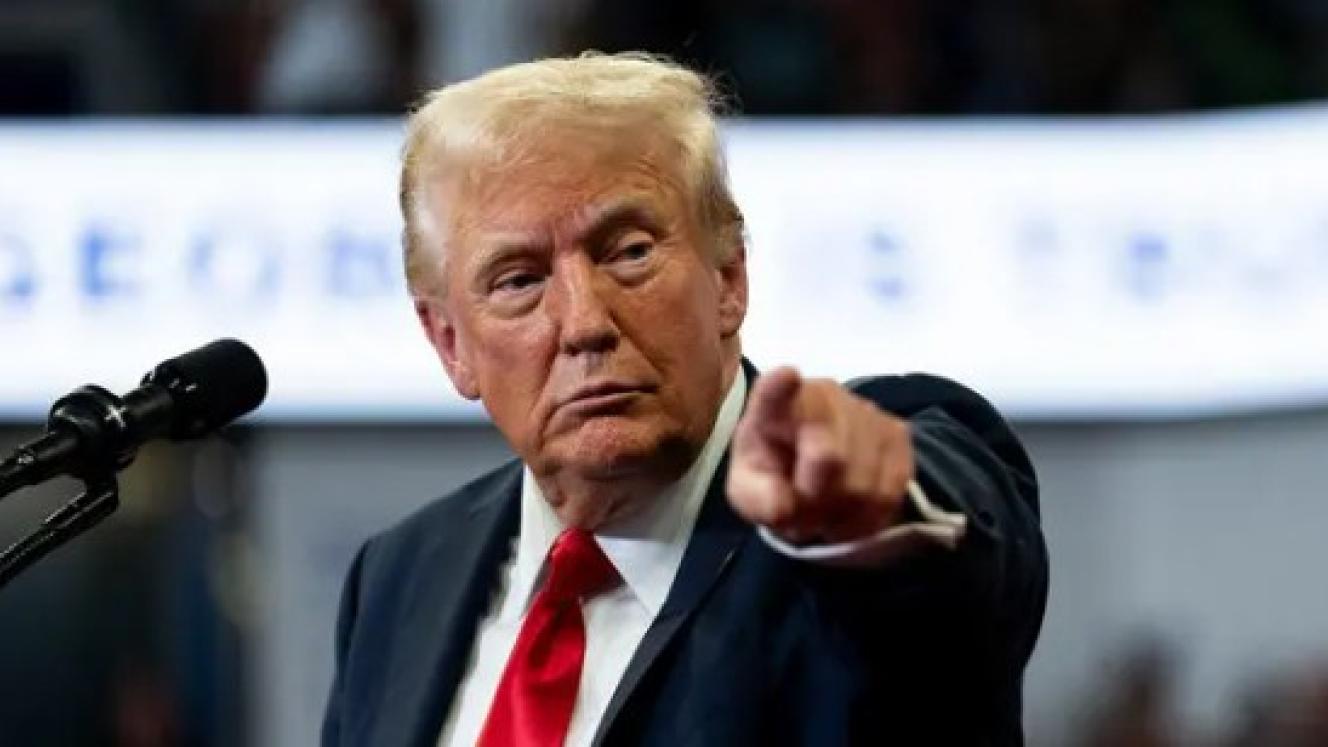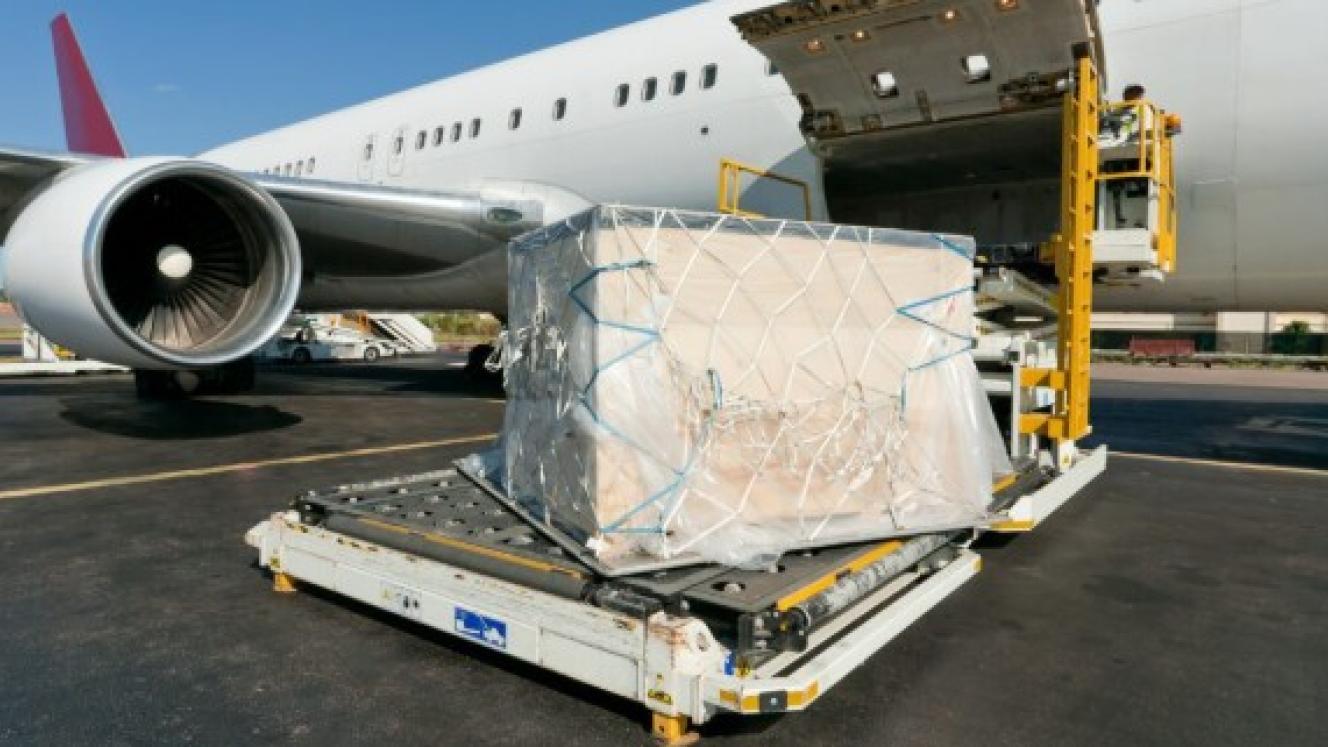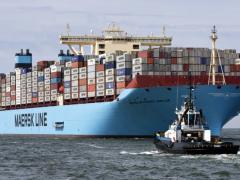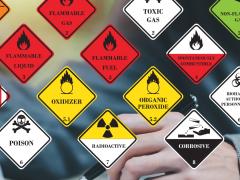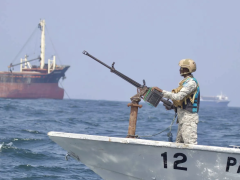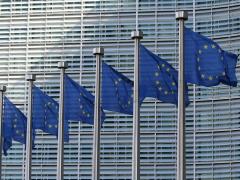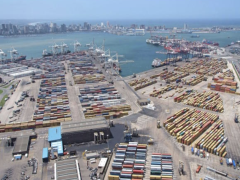The US Supreme Court is hearing a pivotal case that tests the scope of the President's power to unilaterally impose far-reaching tariffs, a decision with trillion-dollar implications for the global economy.
The case, before the court on Wednesday, centres on the Trump administration's defense of tariffs imposed using the 1977 International Emergency Economic Powers Act (IEEPA).
AP reports that the administration argues that in emergencies, the president can regulate importation taxes like tariffs, especially as they relate to foreign affairs. Furthermore, they contend that the IEEPA gives the president broad authority to regulate importation during emergencies without explicit limitations.
However, challengers, including small businesses and Democratic-leaning states, argue that the Constitution grants Congress the power to levy tariffs. They contend that the 1977 emergency law does not even mention tariffs, and no previous president has used it for this purpose.
The challengers are invoking legal principles like the major questions doctrine, arguing the law doesn't clearly grant the president power to enact a program with such a large economic impact (tariffs could raise an estimated $3 trillion). It is also focusing on the nondelegation doctrine, which questions whether the executive branch is using powers reserved for Congress.
Lower courts have largely struck down the tariffs as an illegal use of emergency power. The Supreme Court's ruling will be a significant test for the conservative-majority court, which has generally been reluctant to check the former president's expansion of executive authority. If the administration loses, the government could face complex challenges, including potentially having to refund the $195 billion in tariff revenue collected as of September.
